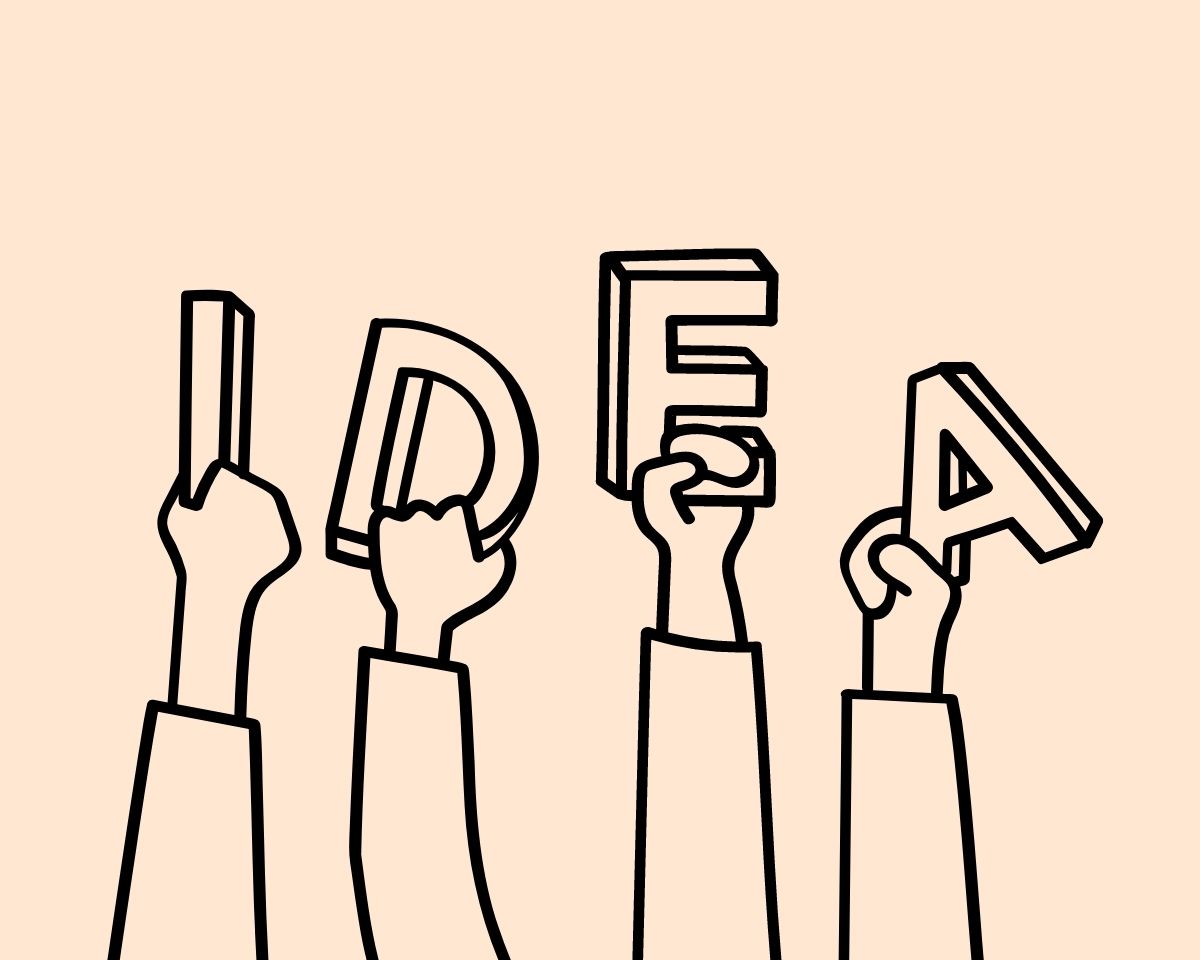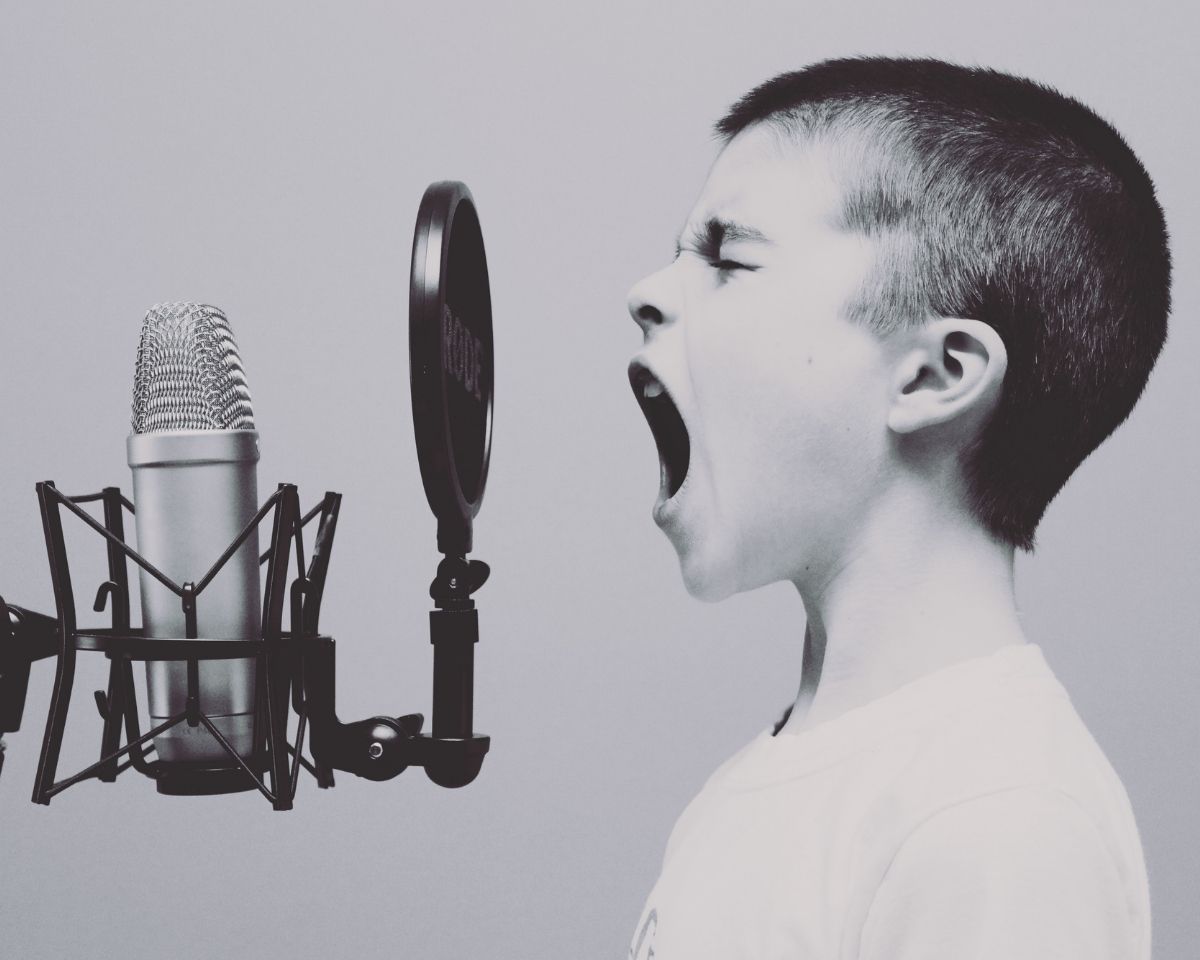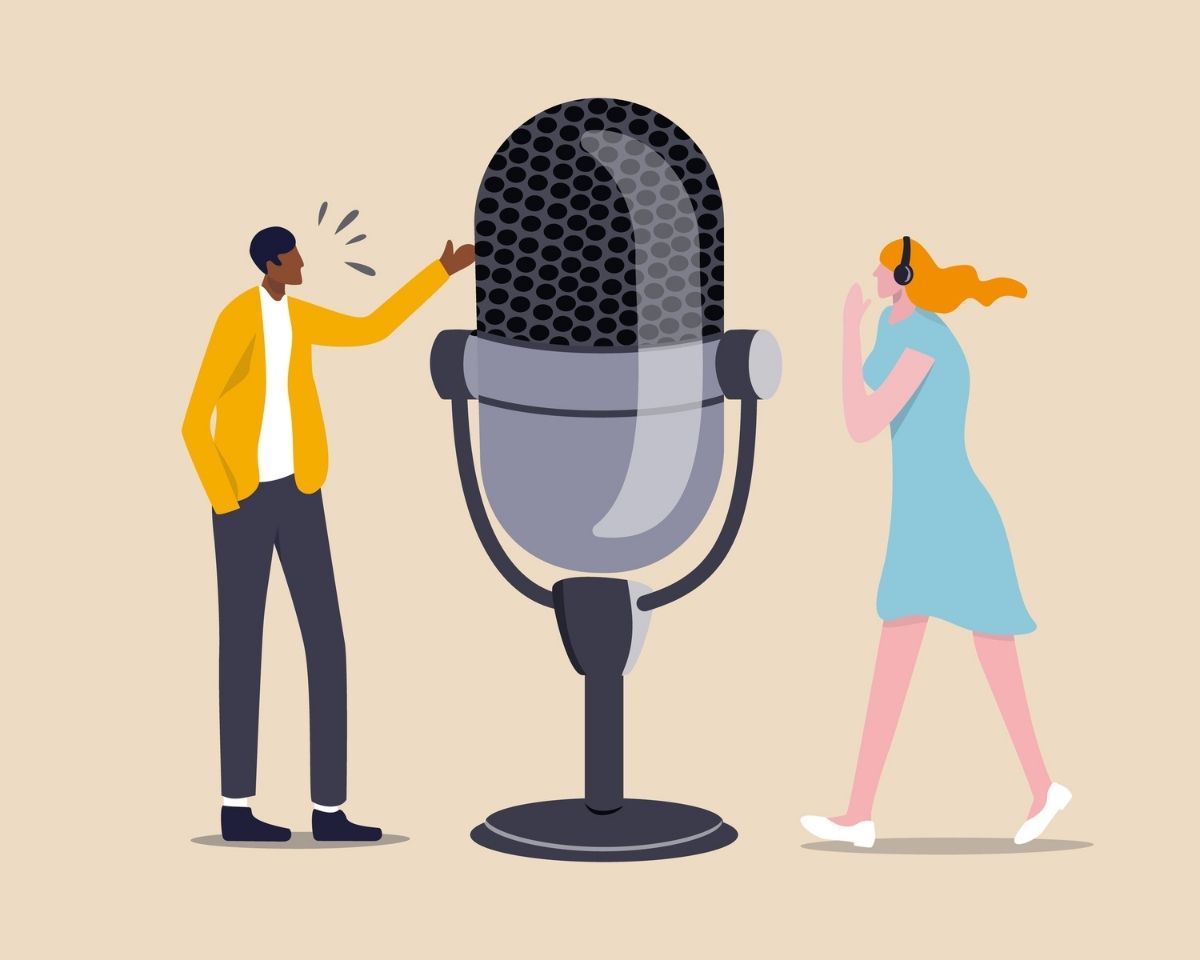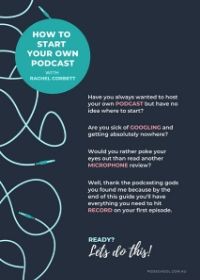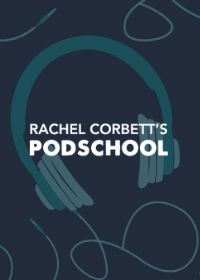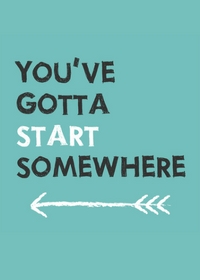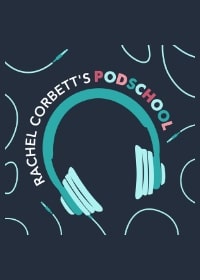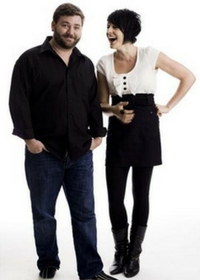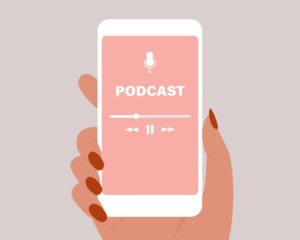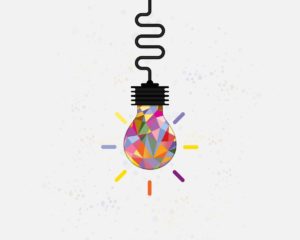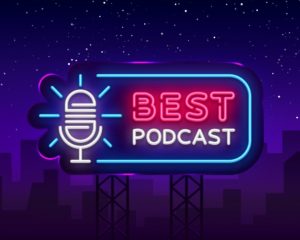
Why writing a script for your podcast might not be a good idea
When you’re new to podcasting it’s natural to want to script everything because words on paper can feel like a warm security blanket when you’re sitting in front of a microphone.
But reading from a script on your podcast immediately distances you from your audience.
Why? Because you’re more focused on the page than you are on them.
So how do you feel secure and confident in your content without reading from a script?
Having a plan is important
Being prepared before you get behind the microphone is essential if you want your podcast to sound polished.
But there’s a difference between being prepared and being so wedded to your script you forget about the people listening.
And that’s what can happen when you’re reading from a script.
Ideally, you want to be as planned and prepared as possible but still leave plenty of room for things to happen in the moment.
What’s the best way to prepare?
If you go into the record with your entire show written out on paper, it’ll be impossible to connect with your audience and keep them engaged.
If you’re with a co-host it’ll be even worse because you can’t have an interesting and engaging conversation with someone who’s constantly looking at their notes wondering where they’re up to.
The best conversations sound fluid and like they’re unfolding in the moment.
Even if you’ve put a lot of time and preparation into thinking about what you’re going to talk about you still need to be in the moment when you press record.
If you’ve scripted parts of your exchange or over-practiced what you’re going to say you won’t be able to be present because you’ll be waiting for your next pre-prepared line.
And that’s never going to lead to engaging content.
Instead, it’s important to have the structure of your show written out, ideally in bullet points rather than paragraphs of text.
These bullet points serve as triggers that will remind you of what to say in the moment.
If you’ve done the prep beforehand you can trust your brain will deliver your content naturally, so you don’t have to rely on a script.
If you’re stuck to a script it’s easy to get lost
Going into a record with a list of bullet points means you’ll be able to quickly find your place if you get distracted.
If you go in with a full script it can take a long time to find where you’re at if you look up or lose your place and this can make you really flustered in the moment.
That’s ok if you’re recording by yourself and don’t mind starting again. But if you’ve got a guest or co-host with you it can really throw you off your game.
Ideally, you want to avoid this because to be a good presenter you have to sound cool, calm and in control.
And madly searching for where you’re up to isn’t the best way to do that.
How do I prepare for a show?
Whenever I’m presenting radio or a podcast I go into the record with a bullet-point list of trigger words.
If I’m interviewing, I’ll have a list of questions with keywords highlighted or in bold.
Basically, I want my notes to be so easy to read all I need to do is quickly glance down at the page to see where I’m going so I don’t need to lose contact with my guest or co-host for more than a fraction of a second.
Similarly, if I’m by myself I don’t want to be stopping and starting so I have a single person I’m presenting to in my mind and I try not to lose ‘pretend’ eye contact with them either.
Having notes like this means I can stay in the moment the whole time while still knowing I’ve got a clear idea of where things need to go on paper in front of me.
This ensures I don’t miss any opportunities for the conversation to follow an unexpected, more interesting path and I can really listen because I’m not distracted trying to find my place.
It also ensures that if there’s nothing more interesting to explore in the moment, or if we’ve exhausted a tangent or spontaneous topic, I can always come back to my plan and keep things moving on.
Don’t believe me? Try it and see.
To test the difference, record yourself reading a script and then presenting using only bullet points and listen back.
Try and put yourself in your audience’s shoes and pay attention to how reading distances you from your listener.
If scripting is a confidence thing remember you don’t have to release the first episode you record.
You can practice for as long as it takes to get comfortable working off a bullet-point list and then start releasing episodes when you feel like you’ve hit your presenting sweet spot.
Your listeners won’t know how many takes it took to get to that point!
They’ll just think you’ve always sounded that professional!
Got a burning podcasting question you’d like answered? Send me an email.
Want to start your own podcast but need a little help? Download my “How To Start A Podcast” guide or sign up for my online podcasting course, PodSchool.
Hello and welcome to the PodSchool Podcast. My name is Rachel Corbett and it's a delight to be back in your ears again this week. Today I'm going to be talking about the easiest way to disconnect from your audience. The truth is that when you're podcasting or doing a show of any type the only real way to get people to come back in the long term or to be fans of your show is if you connect with them there are a million different ways to do that. But it is so important at the base of everything to establish a connection with the people on the other end of the earbuds.
One of the ways that you can easily stop that from happening is by reading. This is something obviously if you are new to podcasting that can be a bit of a crutch because you can feel like you need a word for word roadmap in front of you when you sit down to record. And while I'm an advocate of being prepared and making sure that you know where everything is going there is such a thing as too much planning. And by that I mean writing down a script. It's very difficult for even the most accomplished Oscar winning actor to read and sound like they're not reading.
If you record a version of your podcast reading a script and then another with just a bullet point list it will help you hear the difference. If you have bullet points there and you just use them to jog your memory for the information that you're delivering or the story that you're telling and you trust your brain to come up with the stuff you need at the moment you will be delivering that in much more relaxed conversational style which is really important for the person on the other end.
The truth is if you feel like the person that's delivering the content to you isn't engaged or isn't right there with you it's very easy to tune out from the content. And obviously you can understand why you'd want to give your listeners as few of these opportunities as possible.
Rather than going in with a script and feeling like you need to be wedded to that to feel comfortable and confident, make sure you plan as much as possible before you sit down in front of the microphone and trust that if you've read all you need to read if you've written your notes and you've gone over them if you're drawing from personal experience and personal stories you have all that information in your brain and if you have a few trigger words on a piece of paper exactly what you want to say will come out at the time it's supposed to . And at the end of the day if you do it and you record it and it is an absolute balls up you can always edit it or re-record.
It's very important to give yourself the greatest chance of connecting and holding your audience's attention as possible. And reading is a really simple way that you can lose that connection.
So that's today's tip, I hope you found that helpful and I hope you will trust yourself and your brain enough to know that you can podcast and present without having to read a script. You've got this and it will make a huge difference to how you present your podcast. As always you can get in touch with me on Twitter @RachelCorbett or via my website - rachelcorbett.com. Please send me any feedback on the show or any questions you would like me to answer because I'd love to help.
And you can head to PodSchool.com if you're looking for help that's really step by step and in-depth. If you like this show please leave a review wherever you download it and I will see you again next week. Until then happy podcasting.
